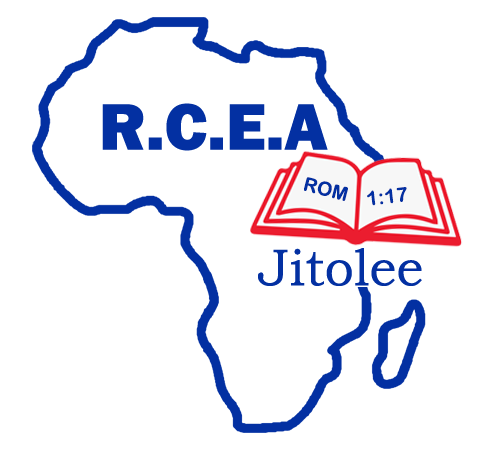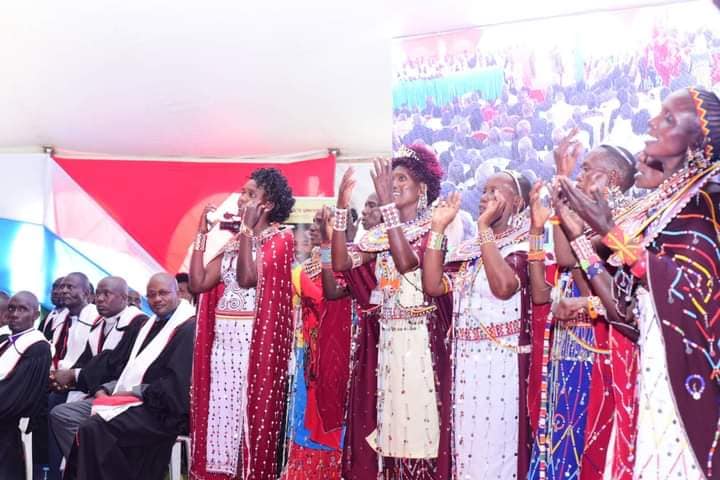

Our History, Beliefs, and Mission in East Africa
After the Anglo-Boer War of 1899 to 1902, some Boers (Afrikaner people) who did not want to live under British colonial rule migrated to Eastern Africa. Among them were several families belonging to the Reformed Churches in South Africa. From 1902 to 1914 about 1,300 people left and settled mainly around the town Eldoret in the Uasin Gishu County.
On 27 October 1944 Rev. and Mrs B. B. Eybers arrived as full-time missionaries, marking the official beginning of the DRC mission action to Kenya. They made changes to the old school building and renamed it the Bwana Loubser Mission Station.
The first converts were baptised in 1947. Four evangelists, among whom Festo Okonyene and Paul Gudoi from the then Tanganyika, joined Rev. Eybers in 1947 and they focused specifically on establishing schools as the first outstations of the mission.
Rev. Eybers started with a theological training school and, in 1956, the first three ministers could be ordained and inducted into their new mission fields: Rev. Jason Wamkhota at Bwana Loubser Mission, Rev. Jeremiah Lugumira at Eldoret and Rev. Hubert Tubango on a farm in the Kitale district.
The work was officially handed over to the Gereformeerde Zendingsbond (GZB) of the Netherlands in July 1961, about 50 years after the first mission initiatives.
In July 1963 the first synod of the newly established Reformed Church of East Africa (RCEA) convened with three congregations, three ministers and about 300 members.
Since 20 November 1979, newly created structures have made the RCEA fully independent. All the church properties have been transferred to the now fully autonomous church.
The church adheres to the following:
RCEA is Committed to lead people to Christ through preaching the Word of God, teaching them to grow into Christ's likeness and equip them to provide Christian Service.
We exist to provide Holistic Christian Transformational Service.
An empowered, holistic and stable growing Christ-like church.
The churches are strategically located throughout the country, and schools and other resources are available. It has a well-defined structure of Synod, Presbytery, Parish and local church council which is at the community level.
The RCEA has been implementing community-based projects through its departments and church structures that benefit all communities without discrimination.
